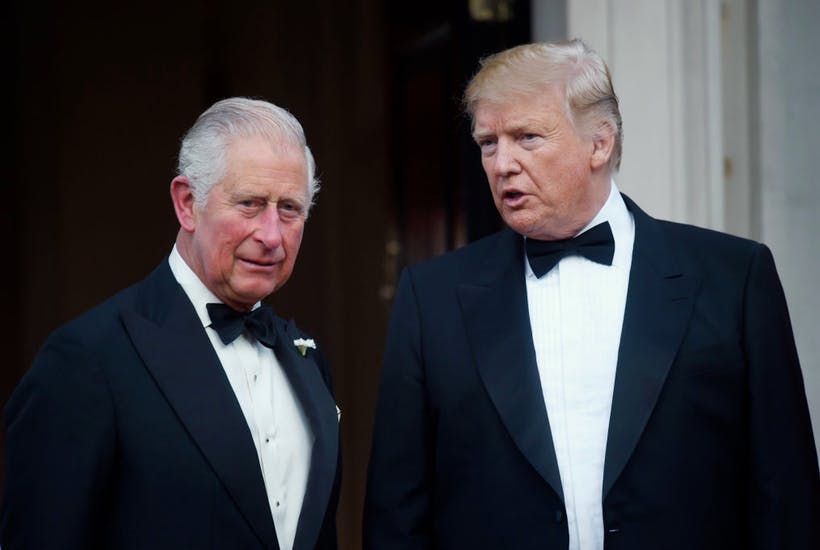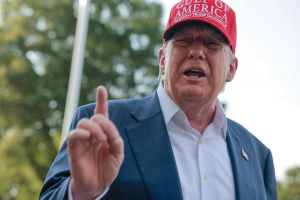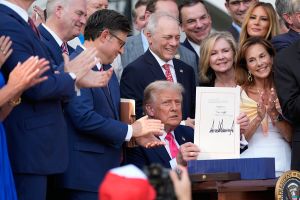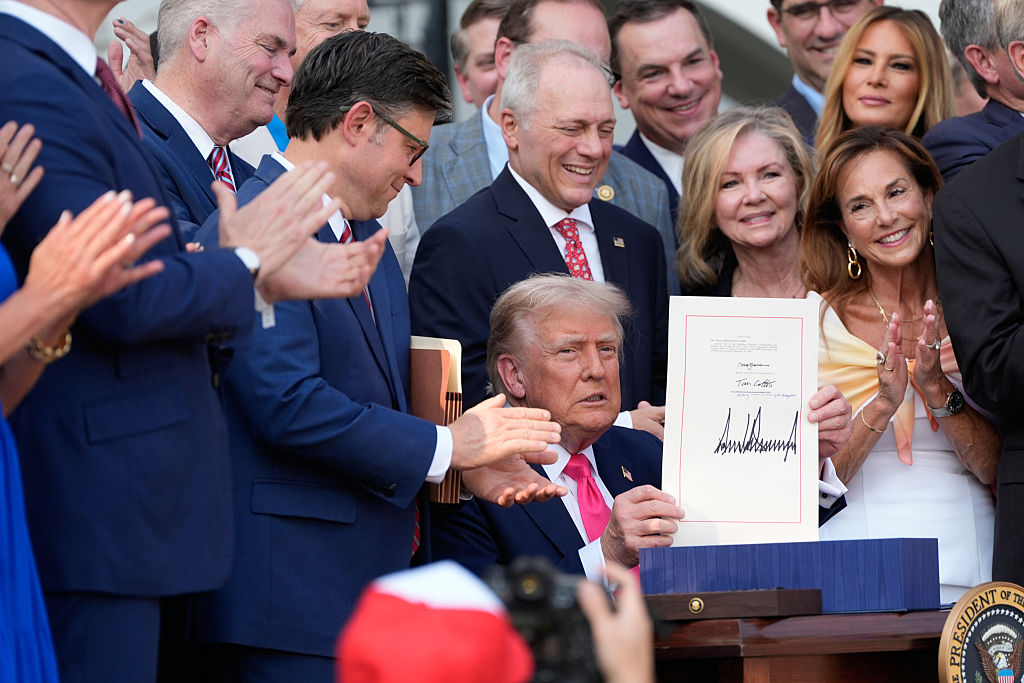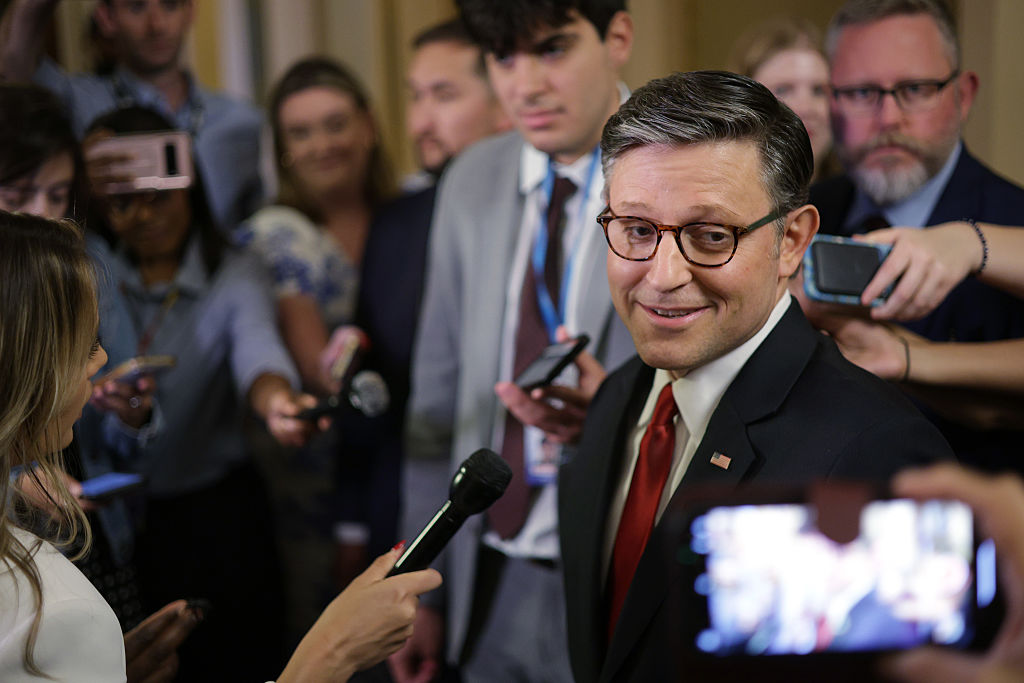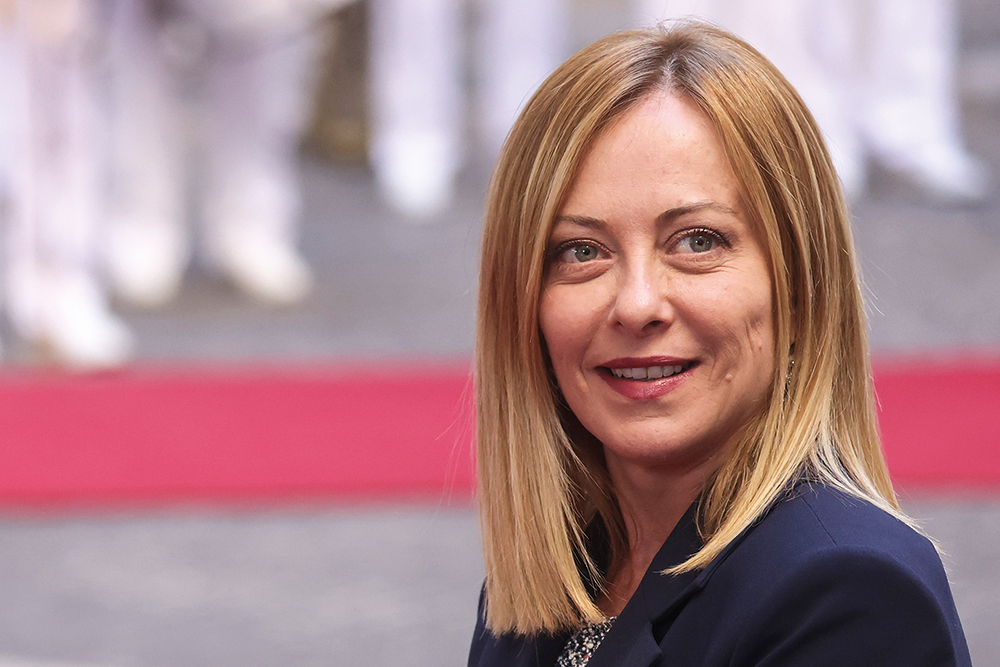Donald Trump said in his interview with Good Morning Britain this morning that he ‘totally listened’ to Prince Charles’s views on climate change. It’s quite a feat for the future king to curry favor with the president and bend his ear on the issues most dear to him. But to anyone watching Trump’s state visit unfold over the last few days, it is not at all surprising.
Amid a background of protests, Prince Charles has been nothing but cordial and hospitable towards Trump, rising above the political fray and, in doing so, seems to have won his trust. The contrast between Charles’s treatment of the president and the purported behavior of his son Prince Harry could not be more stark. Prince Harry allegedly did not want to be seen with a president who has courted such negative press. His father, however, clearly saw the visit as an opportunity to influence Trump’s outlook through friendly dialogue. He has deployed all his charm to gain this confidence and, if Trump’s uncharacteristically soft words about climate change are anything to go by, has clearly been successful in highlighting his cause.
Trump said in this morning’s interview:
‘What [Charles] really wants and what he feels strongly about is the future. He wants the best climate for the future. He wants a good climate and not a disaster…He wants to have a world that’s good for future generations and I do, too. He’s Prince Charles, he doesn’t have to worry about future generations unless he’s a very good person who cares about people, and that’s what impressed me, maybe the most.’
As Theresa May found during her own press conference with the president, holding Trump’s attention is no mean feat. Prince Charles has succeeded where most others fail: he has wielded his influence as a Royal to build a working relationship with an important ally.
Trump’s answer to the question of whether he agreed with Charles’s views on climate change also showed an uncharacteristic level of diplomacy. He didn’t quite concede that climate change existed but he sought to find common ground with the Prince and honor Charles’s good intentions. In short, the president returned the respect that had been afforded to him and didn’t close down the discussion.
One only hopes that the younger Royals, and indeed the protestors outside Parliament, can learn from the Queen and Prince Charles’s example. Aesop’s old adage about the wind and the sun betting on who can get a man to remove his coat holds true: it’s the gentle sun who succeeds not the harsh wind. Regardless of what you think of Charles’s politics, you have to admire the way in which he has wielded Britain’s strongest tool: soft power and diplomacy.
This article was originally published onThe Spectator’s UK website.



